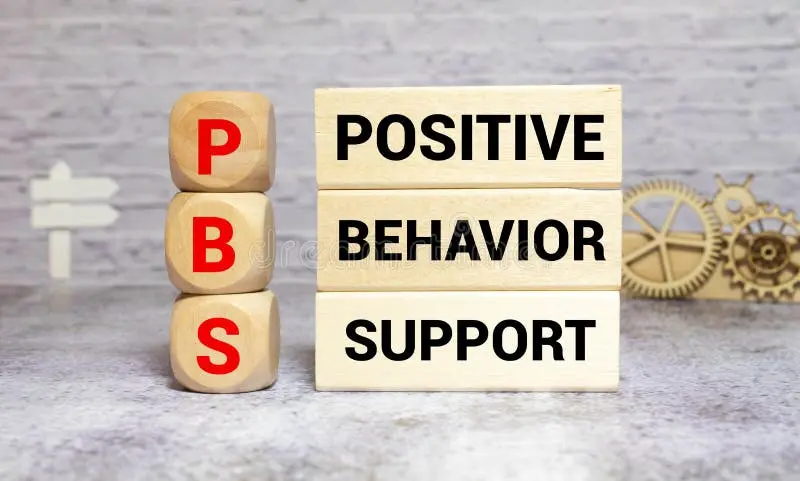Reward systems can be an effective tool for encouraging positive behavior and fostering a sense of motivation in children. By offering incentives, such as rewards or privileges, parents and educators can create an environment that promotes desirable actions and helps children develop important life skills. In this article, we will explore the various benefits of implementing a reward system for children
Why Reward System is important for Kids?

1. Encourages Positive Behavior
Reward systems can be a powerful tool in shaping children’s behavior. When children have clear expectations and goals to work towards, it gives them a sense of purpose and direction. They understand what is expected of them and what they need to do to earn a reward.
By aligning positive behavior with specific benefits, children are more likely to exhibit those behaviors. When they understand the positive outcomes associated with their actions, it motivates them to engage in those behaviors more consistently.
Rewards also act as immediate reinforcement. When children receive a reward for displaying a desired behavior, it reinforces the connection between their actions and the positive outcome. This reinforcement increases the likelihood that they will repeat the desired action in the future.

2. Builds Self-Discipline
The process of working towards a reward can be a valuable learning experience for children. It teaches them the value of hard work and perseverance, important qualities that can benefit them throughout their lives.
When children are motivated to earn a reward, they are encouraged to set goals and work towards them. This helps them develop essential skills such as goal-setting, time management, and breaking tasks into smaller steps. These skills are crucial for success in various aspects of life, from academics to personal projects.
Moreover, the process of working towards a reward also instills the importance of delayed gratification and self-control. Children learn that they need to put in effort and sustained focus to achieve their desired outcome. It helps them understand that immediate rewards may not always be feasible and that patience and perseverance are essential qualities in attaining long-term goals.

3. Boosts Self-Esteem
When children receive rewards for their efforts, it has a positive impact on their self-confidence and self-esteem. The recognition and praise they receive for their accomplishments enhance their belief in their own abilities and build a sense of confidence in their skills and talents.
By acknowledging and rewarding their hard work and good behavior, a reward system sends a powerful message to children that their efforts are valued and appreciated. This reinforcement helps them develop a positive self-perception and a belief in their own abilities to succeed.
Furthermore, rewards provide tangible evidence of their progress and achievements, which can further boost their self-esteem. When children can see the results of their hard work, it reinforces the idea that they are capable of accomplishing tasks and reaching goals.

4. Develops Responsibility
A reward system that includes tasks and chores can be an effective way to promote a sense of responsibility in children. When children are required to complete tasks in exchange for rewards, it helps them understand the importance of contributing to household responsibilities and functioning as a member of a family unit.
By participating in tasks and chores, children learn that their actions have a direct impact on the well-being of the household. They develop an understanding of the value of their contributions and how they contribute to the overall functioning of the family.
Moreover, this system instills a sense of ownership and accountability in children. When they are assigned specific tasks and are responsible for completing them, they learn to take ownership of their responsibilities and understand the consequences of their actions or inactions. This helps them become more responsible individuals who are aware of their role in maintaining a well-functioning home environment.
Additionally, a reward system that includes tasks and chores can also teach children important life skills such as time management, organization, and problem-solving. They learn to prioritize tasks, manage their time efficiently, and find solutions to challenges that may arise while completing their responsibilities.

5. Encourages a Love for Learning
Rewards can be a powerful motivator for children in their academic pursuits. By setting goals related to education and offering rewards for achieving those goals, children become more engaged and committed to their studies.
When children have specific academic goals to work towards, it provides them with a sense of direction and purpose. They understand what they need to accomplish and have a clear target to strive for. The presence of rewards adds an extra incentive and increases their motivation to put in the effort required to achieve those goals.
The anticipation of receiving a reward can create enthusiasm and a positive attitude towards learning. Children are more likely to approach their studies with a sense of excitement and dedication when they know that their efforts will be recognized and rewarded. This positive mindset can lead to improved focus, concentration, and overall academic performance.

6. Fosters Healthy Competition
A reward system can indeed encourage healthy competition among siblings or classmates. When children observe others being rewarded for their positive behavior or accomplishments, it can serve as a motivating factor for them to work harder and strive for their own success.
The presence of rewards creates a sense of competition among children, which can be beneficial when it is healthy and promotes growth. When children see their peers being recognized and rewarded, it can inspire them to push themselves to achieve similar or even greater levels of success. This healthy competition fosters a drive for improvement and can lead to increased effort and dedication in their pursuits.
Furthermore, healthy competition encourages collaboration and learning from one another. When children engage in friendly competition, they may exchange ideas, strategies, and techniques with their siblings or classmates. This collaboration allows them to learn from each other’s strengths and weaknesses, ultimately enhancing their own skills and knowledge.
Implementing a reward system for children can yield numerous benefits. It encourages positive behavior, builds self-discipline, boosts self-esteem, develops responsibility, fosters a love for learning, and fosters healthy competition. This system provides children with the opportunity to learn essential life skills while experiencing the joy of accomplishment and recognition. Parents and educators can create a positive and motivating environment for children by implementing a structured reward system that aligns with their unique needs and interests.
Hi this is cool
An excellent read that will keep readers – particularly me – coming back for more!